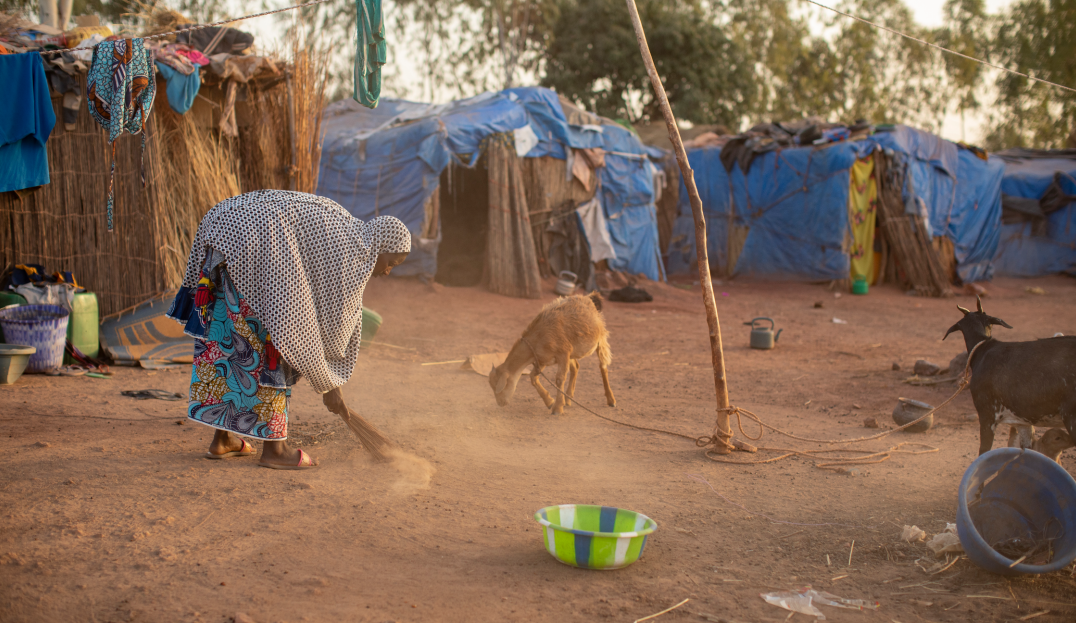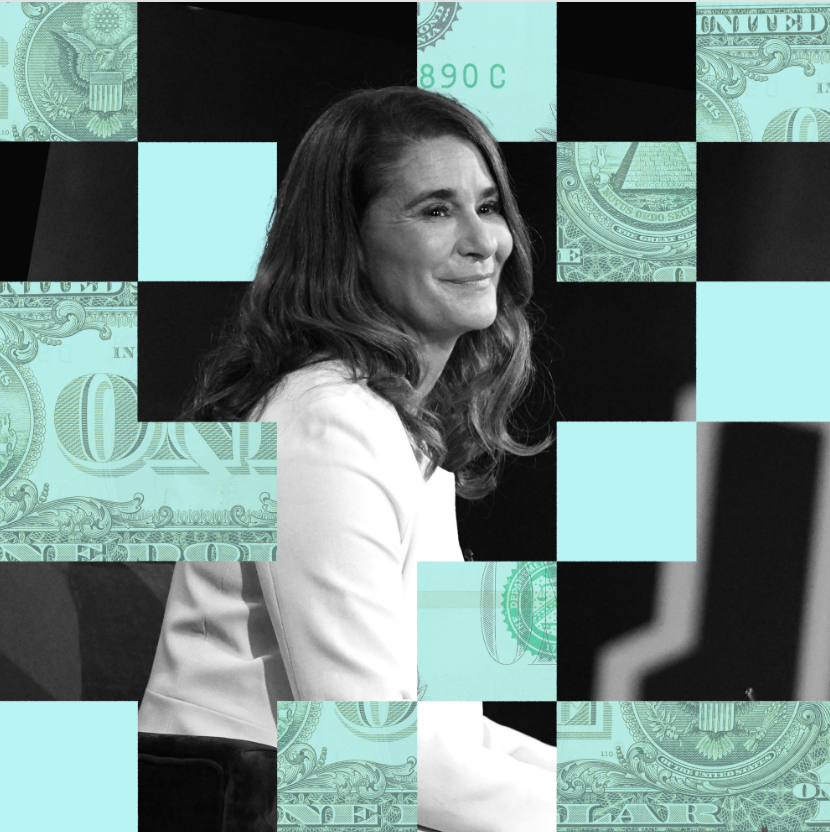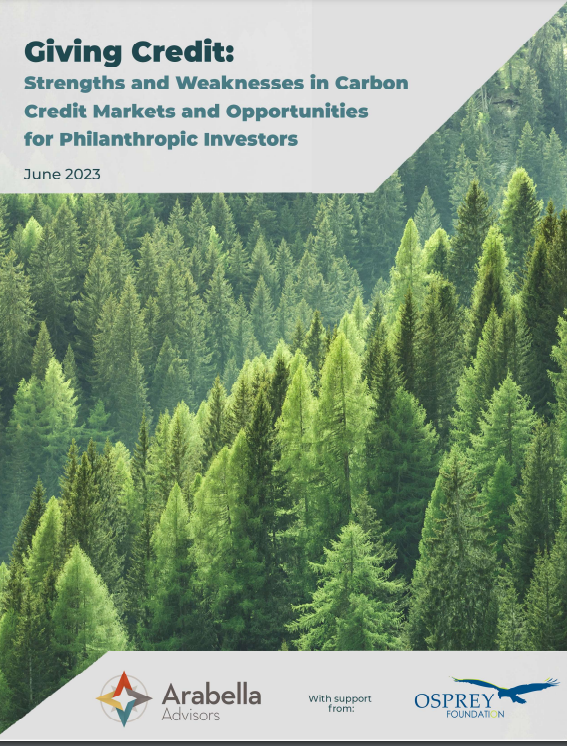News
Welcome to our News page, where you'll find the latest stories and articles relevant to our foundation and its focus areas.
World Toilet Day
Observed annually on November 19, World Toilet Day raises awareness and inspires action to address the global sanitation crisis, impacting 3.5 billion people who lack access to safely managed sanitation.
Established by the World Toilet Organization in 2001, it became an official United Nations observance in 2013.
Each year, UN-Water, the UN’s coordinating body for water and sanitation, selects a theme for World Toilet Day. The 2024 theme is Sanitation for Peace.
IMA World Health: Animal-inclusive Community-led Total Sanitation (A-CLTS) Pilot Project
With support from the Osprey Foundation, IMA World Health and its partners conducted an A-CLTS project in Segou, Mali to pilot an innovative water, sanitation, and hygiene (WASH) intervention with a focus on animal waste management in rural Malian households. Based on formative research and participatory workshops, the brief report highlights the project’s approach to designing a more holistic CLTS program that accounts for animal waste, including insights that can help other governments, non-governmental organizations, and research institutions implement animal-inclusive WASH strategies for improved community health.
Melinda French Gates: The Enemies of Progress Play Offense. I Want to Help Even the Match
Melinda French Gates is launching a new chapter in her philanthropy by leaving the Bill & Melinda Gates Foundation and founding Pivotal. She pledges $1 billion over the next two years to support women and families worldwide, focusing on reproductive rights in the US. Gates emphasizes the critical role of gender equality in economic and social progress and highlights challenges such as political violence and poor maternal health. She introduces innovative funding methods, including large grants through influential leaders, and plans a $250 million initiative to improve global women's health, aiming to empower grassroots organizations.
Johns Hopkins Bloomberg School of Public Health: How the Osprey Foundation Catalyzes Public Health Research
Bill Clarke, founder of the Osprey Foundation, believes in the power of philanthropy to drive impactful public health research. By actively listening to community needs and fostering ongoing dialogue, the Osprey Foundation collaborates with organizations like the Johns Hopkins Bloomberg School of Public Health to support projects such as the Diné Water Lifeways Project. Through this approach, Clarke aims to set the stage for further research and intervention scalability, ultimately advancing public health outcomes.
The Stanford Social Innovation Review: You Could Spend Your Money Differently
With large-dollar donations and big-bet philanthropy capturing much of the public’s attention, smaller donors may be wondering where they fit in. The Osprey Foundation has long been reflecting on how to best spend our resources to have the greatest impact possible. In this piece published in the Stanford Social Innovation Review, Osprey’s managing director, Louis C. Boorstin, shares seven techniques that smaller funders can deploy to have an outsized impact. From funding capacity-building and learning across your sector of interest to making high-risk, high-reward impact investments, these strategies will enable all donors, regardless of size, to ensure their giving is not only effective but highly aligned with their priorities and values.
Clean Impact Bond: Mobilizing Finance For Clean Cooking
This May 2023 report describes a trailblazing transaction that expands the sale of clean cookstoves in Kenya through payments for health and gender benefits generated when the stoves are used. Osprey participated in this transaction, dubbed the Clean Impact Bond (CIB), to demonstrate that it’s feasible to pay for these types of benefits just as one would pay for carbon credits. Our goal is to catalyze the establishment and expansion of markets for these previously unmonetized benefits, hence accelerating the adoption of cleaner cooking methods and other products and services with health and gender benefits for the poor. The report presents the structure of this result-based financing instrument, the context for the CIB, and evidence that clean cooking can achieve measurable health and gender benefits. It also summarizes key lessons from structuring the CIB. The findings are primarily intended for organizations that could participate in similar, larger transactions in the future, including official aid agencies, development finance institutions, impact investors, and foundations. The report was produced by International Finance Corporation (IFC), a member of the World Bank Group, which participated in the CIB along with Cardano Development, BIX Capital, Sistema.bio, and the Osprey Foundation.
Giving Credit: Strengths And Weaknesses In Carbon Credit Markets And Opportunities For Philanthropic Investors
This June 2023 report provides an overview of the current state of, and outlook for, the voluntary carbon credit market in order to orient potential philanthropic investors to both the opportunities and the risks in carbon finance. Carbon credit markets have advanced significantly over the past several years, creating compelling new investment opportunities for philanthropists who care about making our society more sustainable by reducing emissions. As this report details, carbon credits can be an effective way for investors of all kinds to help ensure these projects receive the funding they need. However, these markets are still working to overcome several obstacles, including the need for stronger quality control as well as greater standardization, transparency, and clarity into the governing rules and regulations. There are several strategies that savvy philanthropic investors can employ, whether they’re new to the market or seeking to increase their engagement: focusing on projects with meaningful and verifiable socioeconomic and health outcomes; seeking to support market infrastructure; and avoiding projects that the broader market may view as favorable but may not deliver optimal benefits. The report was commissioned by the Osprey Foundation, which has participated in the voluntary carbon market, and produced by Arabella Advisors with input from experts in the field.







